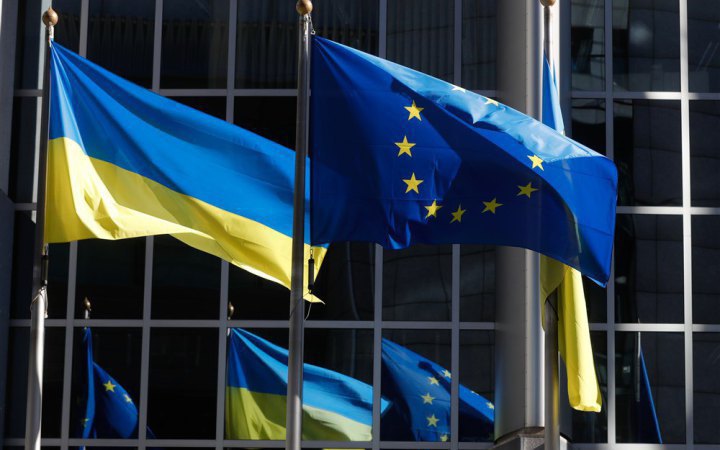The European Union is preparing to provide Ukraine with new loans worth up to €40 billion by the end of the year - regardless of US participation - after the Group of Seven's plan to use frozen Russian assets to help Kyiv failed. This is stated in the Financial Times article.
"The unilateral push came amid concerns in Brussels that Hungary would prevent the bloc from providing the guarantees needed by the US to participate in the frozen assets scheme," three sources involved in the talks said.
The government of Viktor Orbán, the EU's most pro-Russian leader, has sought to postpone a decision on the frozen assets scheme until after the US presidential election on 5 November. "But Brussels should start working on an alternative move within the next few weeks. This step will depend on the powers that expire at the end of the year," the newspaper notes.
According to the draft legal proposal seen by the FT, the EU will provide "an unspecified number of billions of loans to Ukraine until the end of 2024".
Expansion of the existing aid programme would only require majority support, not unanimity, depriving Budapest of its veto power.
The final figure could range from €20 billion to €40 billion and will be set by the European Commission after consultation with member states, officials said.
The original scheme - involving the US - remains the Commission's "plan A". But officials say they need an alternative if Budapest retains its veto power until after the US election.
- In June, G7 leaders agreed to provide a $50 billion loan to Ukraine, to be repaid from future earnings on an estimated €260 billion in frozen Russian foreign reserves, most of which are held in Euroclear, the Belgian central securities depository. Under the plan, the EU and the US would provide about $20 billion each, with the remaining $10 billion shared by the UK, Japan and Canada.
- But the US, in order to ensure a steady stream of revenue to service the loan, demanded guarantees to ensure that Russian assets, most of which are held in Europe, remain frozen.
The Commission, for its part, has proposed extending the bloc's sanctions, which result in the freezing of Russian assets, from the current six-month period to 36 months to provide greater legal certainty. Other proposed options include extending the sanctions for five years. However, Orban, who has previously vetoed EU support for Ukraine, is currently blocking such an extension, sources said. A Hungarian government official told EU ambassadors in Brussels that the issue would need to be resolved after the US elections.
Read more about the EU proposal
As an alternative, the EU is now considering providing loans under the current financial support package, which expires at the end of the year. The scheme would involve an increase in the bloc's total borrowing and would be supported by the EU's general budget.
The EU's plan is to allocate part of the $20bn that, according to the original G7 proposal, was to come from Washington - if the Biden administration fails to provide a loan before the election. Brussels officials hope that the US will eventually provide the funds anyway.
If the EU decides to disburse the loans unilaterally, Brussels should start working in the next few weeks to clear all the necessary legislative hurdles in time, as "the support package for Ukraine is coming to an end at the end of the year."
"It is necessary that the proposals be adopted by the end of October so that the Union's loan can be unblocked until the end of 2024 for future disbursements in tranches," the proposal says.
- The proposal would ultimately use the proceeds of frozen assets, estimated at €2.5-3 billion a year, to repay the loan. Currently, these proceeds are channelled to Ukraine through the EU budget.








